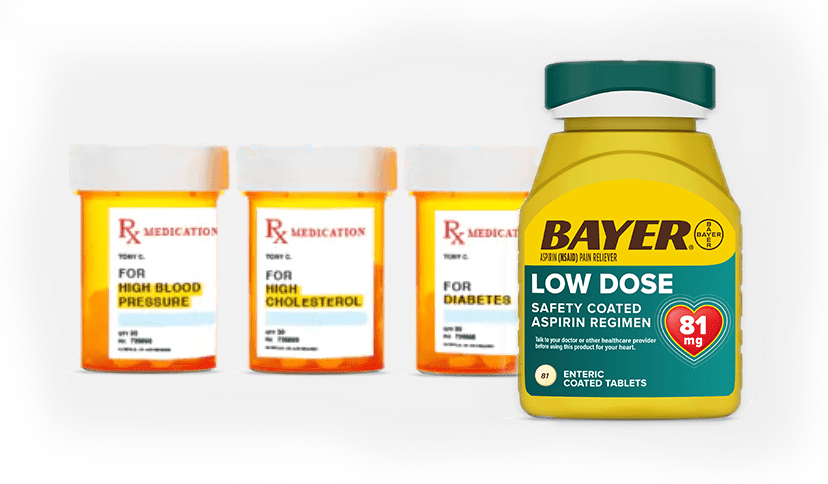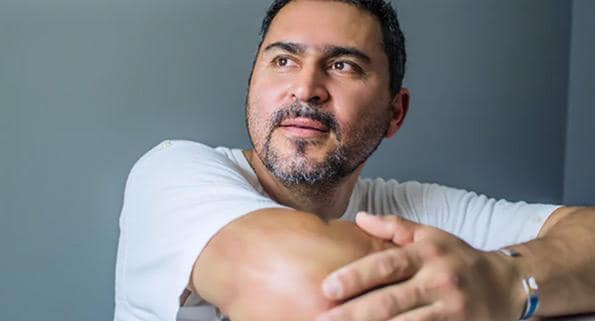What is a Ministroke?
The medical term for a ministroke is Transient Ischemic Attack (TIA). When you break down the terms, you can better understand a TIA and what’s happening:
- Transient: another word for temporary. Ministrokes generally don’t last very long – less than an hour or so.
- Ischemic: indicates blood flow is blocked or restricted. In a TIA it’s obstructed blood flow to the brain.
- Attack: an unusual, unexpected event. In a TIA the symptoms seem to come out of nowhere.
So, a TIA or ministroke is an unexpected event in which blood flow to part of your brain is temporarily blocked, often by a blood clot.
What Are the Symptoms of a Ministroke (TIA)?
People who experience a TIA have symptoms that are similar to a clot-related (ischemic) stroke, but the episode doesn’t last as long. For example, a TIA may show up as unexplainable numbness on one side of the body that comes on suddenly and then goes away just as quickly.
If you experience stroke-like symptoms, get emergency help right away. Try to remember as much about the event as possible – including when it began. First responders and doctors use this information to help diagnose and treat the issue.
Can Mini-Strokes (TIAs) Be Prevented?
Strokes are largely preventable, and ministrokes (TIAs) can be prevented, too. As with many heart-health issues, the key is to reduce and manage your risks with heart-healthy lifestyle choices. For example, if you have high cholesterol or high blood pressure, or if you’re diabetic, your prescription medications may not be enough to prevent another clot-related (ischemic) stroke. Work with your doctor to help manage these or other health issues that could increase your risk, and talk to him or her about whether an aspirin regimen may be right for you.

MANAGING RISK:
WHY PRESCRIPTION MEDICATIONS MAY NOT BE ENOUGH
If you take prescription medications for high blood pressure, high cholesterol, and diabetes, they may not be enough to protect your heart. Talk to your doctor about whether these medications are enough for you and whether adding an aspirin regimen can help further reduce the risk of another heart attack or clot-related (ischemic) stroke.
Aspirin is not appropriate for everyone, so be sure to talk to your doctor before you begin an aspirin regimen.
Aspirin regimen products for recurrent stroke prevention
Aspirin is not appropriate for everyone, so be sure to talk to your doctor before you begin an aspirin regimen.















